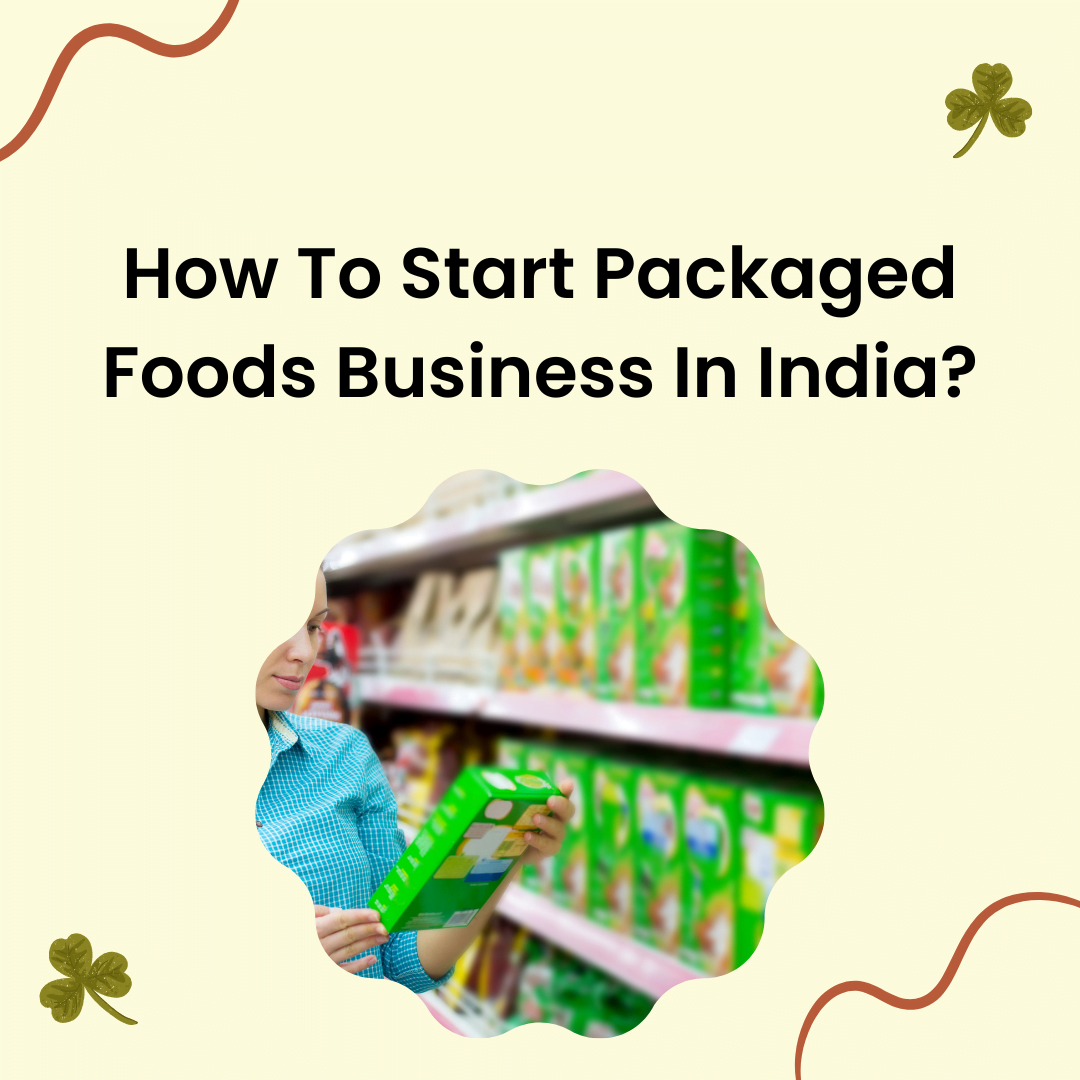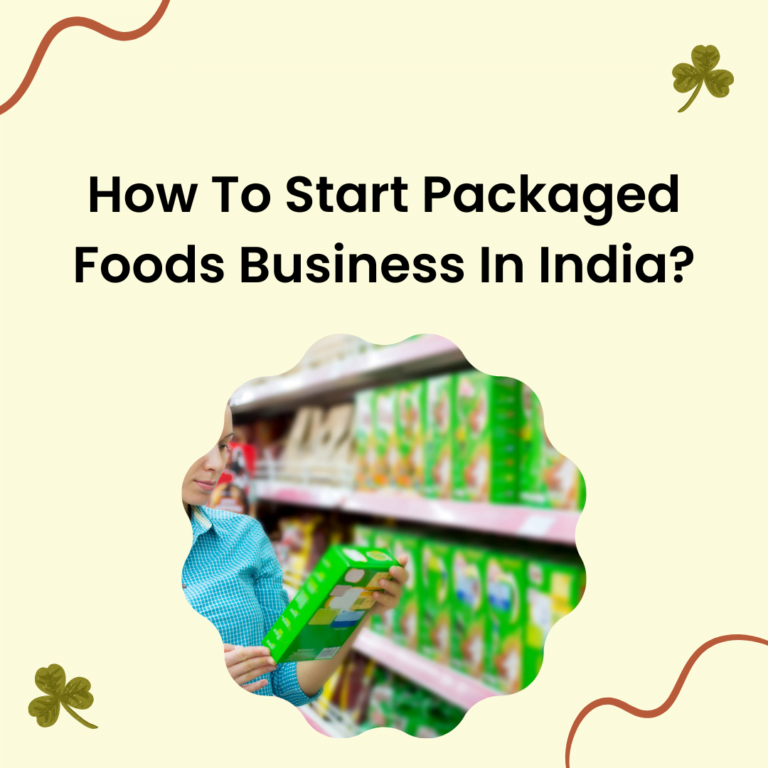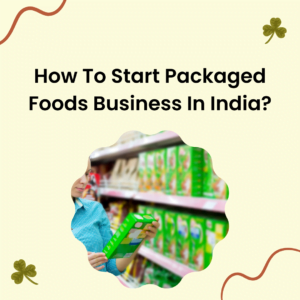Packaged foods business in India is a rapidly growing industry that includes a wide range of products such as snacks, ready-to-eat meals, beverages, and processed foods.
With a large and growing population, changing lifestyles, and increasing disposable incomes, the demand for packaged foods is on the rise in India.
According to a report by ResearchAndMarkets.com, the packaged food market in India is expected to grow at a CAGR of 11.39% during the period of 2021-2026.
How To Start Packaged Foods Business In India?
The packaged foods business in India is highly competitive, with both domestic and international players competing for market share. Some of the major players in the industry include Nestle, Britannia, PepsiCo, ITC, and Parle.
However, there is still ample room for new entrants, especially those who can offer unique and innovative products.
Packaged foods are an integral part of the Indian food industry and have become increasingly popular over the years. With the growth of the Indian economy and the increasing spending power of consumers, the demand for packaged foods has increased significantly.
Packaged foods are not only convenient, but they also have a longer shelf life and come in a variety of flavors and tastes, making them a preferred choice for many.
The Packaged Foods Business In India is a vast market that includes snacks, processed foods, ready-to-eat meals, bakery items, and more. The industry is dominated by a few large players, but there is also significant room for small and medium-sized enterprises to enter the market.
One of the key drivers of the packaged food industry in India is urbanization and the changing lifestyle of the Indian population. As more people move to urban areas and lead busy lives, the demand for convenient and ready-to-eat meals is on the rise.
Additionally, with the increase in the number of working women in India, the demand for packaged foods has also increased, as it allows for easy meal preparation.
Another driver of the packaged food industry in India is the growth of the retail sector. As organized retail becomes more prevalent in India, packaged foods have become more accessible to consumers. Supermarkets, hypermarkets, and convenience stores are becoming popular channels for consumers to purchase packaged foods.
To enter the packaged food business in India, entrepreneurs must first identify a gap in the market and develop a unique product offering that meets the needs of consumers. Once the product is developed, entrepreneurs must ensure that it complies with the relevant food safety and quality standards set by the government.
Entrepreneurs can also consider partnering with established players in the market to gain access to their distribution networks and market knowledge. Additionally, the use of e-commerce platforms and social media can help entrepreneurs reach a wider audience and promote their products.
In recent years, the demand for healthy and organic packaged foods has been on the rise in India. Consumers are becoming more health-conscious and are looking for options that are low in sugar, salt, and fat, and high in fiber and protein. This presents an opportunity for entrepreneurs to develop and market healthier packaged food options to meet this growing demand.
Another trend in the Packaged Foods Business In India is the emergence of regional and ethnic flavors. India is a diverse country with a rich culinary tradition, and consumers are increasingly looking for packaged foods that reflect their regional or cultural preferences. Entrepreneurs can capitalize on this trend by developing products that cater to specific regional tastes and preferences.
However, entering the packaged food industry in India also comes with challenges. One of the biggest challenges is competition. The industry is highly competitive, with established players dominating the market. Additionally, entrepreneurs must navigate a complex regulatory environment that includes food safety and labeling requirements.
Another challenge is the need for continuous innovation. Consumer preferences and trends are constantly evolving, and entrepreneurs must be able to adapt and innovate to stay relevant in the market. This requires significant investment in research and development, marketing, and branding.
Overall, the Packaged Foods Business In India presents both opportunities and challenges for entrepreneurs. With the right product offering, strategic partnerships, and continuous innovation, entrepreneurs can successfully enter the market and meet the changing needs of Indian consumers.





Packaged Foods Business In India(Case Study)